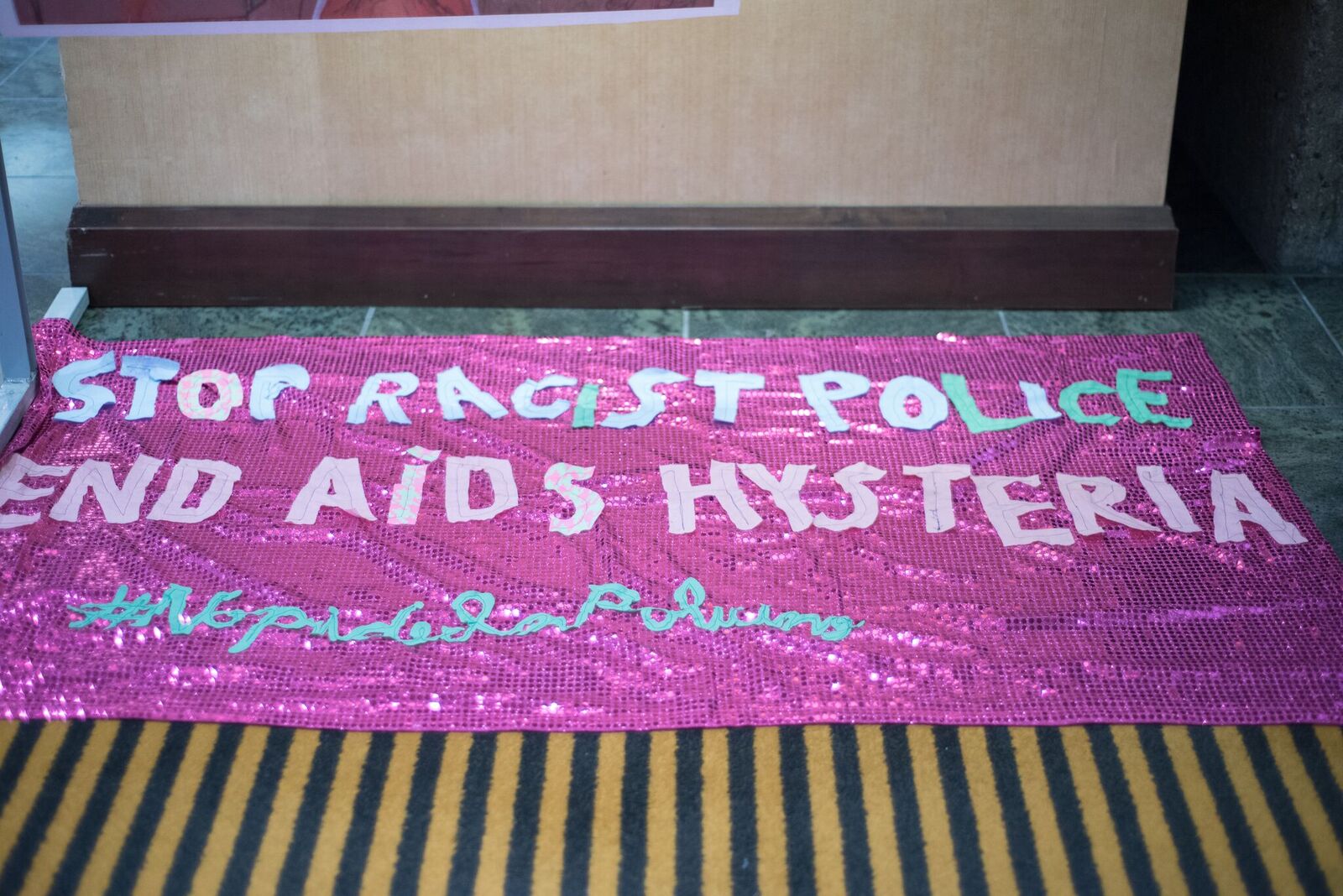Canada’s leading scientists discuss issues and future progress surrounding HIV/AIDS
More than 900 of Canada’s top scientists, physicians and community leaders joined Canada’s largest HIV/AIDS conference in Montreal from April 6 to 9.
According to the Canadian Association for HIV Research, in 2017, more than 70,000 Canadians live with HIV, and every year an estimated 2,300 to 43,000 new infections are reported.
Canada’s annual HIV/AIDS conference was held at the Hotel Bonaventure in Montreal. The Canadian Association for HIV Research is Canada’s leading organization for research on the disease. The organization includes more than 1,000 researchers, scientists and physicians committed to finding ways to prevent and cure HIV.
The 26th edition of the conference addressed how HIV remains a pressing issue that still requires more resources and research to prevent its spread and find a cure. This year’s theme was “We’re Not Done Yet,” in reference to the need for more research and resources to help eradicate HIV/AIDS.
Five presentations were given, focusing on issues related to HIV/AIDS, protection and preventative measures.
“Tremendous successes have been achieved in the fight against HIV-AIDS,” said Dr. Alexandra de Pokomandy, a faculty member at McGill University and a renowned HIV researcher, during her presentation. “However, people living with HIV, health care workers, community members and researchers in Canada and elsewhere around the world also agree that many challenges remain, and HIV continues to kill.”
More than 800 people attended the event and stopped by specialized kiosks to learn about HIV research and resources.
Realize Canada, one of the organizations with a kiosk, is a national charitable organization that works with schools, employers, insurance companies and other associations to help improve the daily lives of people living with HIV and other episodic disabilities, such as depression, Hepatitis C and chronic fatigue syndrome. “Realize is geared towards postsecondary students,” said Puju Ahluwalia, Realize Canada’s project coordinator.
“When someone has an episodic disability like HIV, there is little predictability as to when these episodes will occur or for how long,” Ahluwalia said. “Realize Canada works with schools and student disability offices to help raise awareness and offer assistance for students living with an episodic disability.”
Students who have a test or an assignment due on a specific date might not be able to meet the deadline if they are affected by an episodic disability like HIV. Realize Canada will guide these students to different resources on their campuses and help work with their schools. Realize Canada works as a rehabilitation resource to help provide students with the health care and psychological support they need, Ahluwalia said in an interview with The Concordian.
During the conference, the PrEP pill was a point of discussion during a presentation by Dr. Peter A. Newman, a researcher at University of Toronto. The PrEP pill was legalized in Canada in February 2016. According to the Centres for Disease Control and Prevention Canada, PrEP-exposure prophylaxis, or PrEP, is a pill that reduces the risks of contracting HIV from sex by more than 90 per cent. Among people who inject drugs, it reduces the risk by more than 70 per cent. The risk of contracting HIV from sex can be lowered further if you combine PrEP with condoms and other safe-sex methods.
PrEP can stop HIV from spreading throughout your body and is most effective in preventing HIV when taken daily, states Canada’s Centres for Disease Control and Prevention. PrEP should only be used by people who are HIV negative and who are at high risk for HIV infection. People interested in using PrEP should talk to their health care provider and meet with a doctor to receive a prescription. Depending on one’s insurance policy, or work insurance the price for PrEP can be covered in full.
However, Newman addressed how stigmas have begun to emerge within the LGBTQ+ communities on whether or not someone is on the PrEP pill, and whether or not they could have sex without a condom. “When dating, some men who are on the PrEP pill might receive pressure to not use a condom when having sex, or might be judged for using a condom,” Newman said during his presentation.
Another presenter, Allison Carter, who is a PhD student at Simon Fraser University, focused on the feminist approach to women living with HIV. Carter’s study revealed that “women who are HIV positive can be happy and enjoy emotional and intimate relationships,” she said.
Among the 1,300 HIV-positive women involved in the study, those who claimed they were happy were involved in long-term sexual relationships. “We want women to know that they can have sex and have pleasure,” Carter said.
